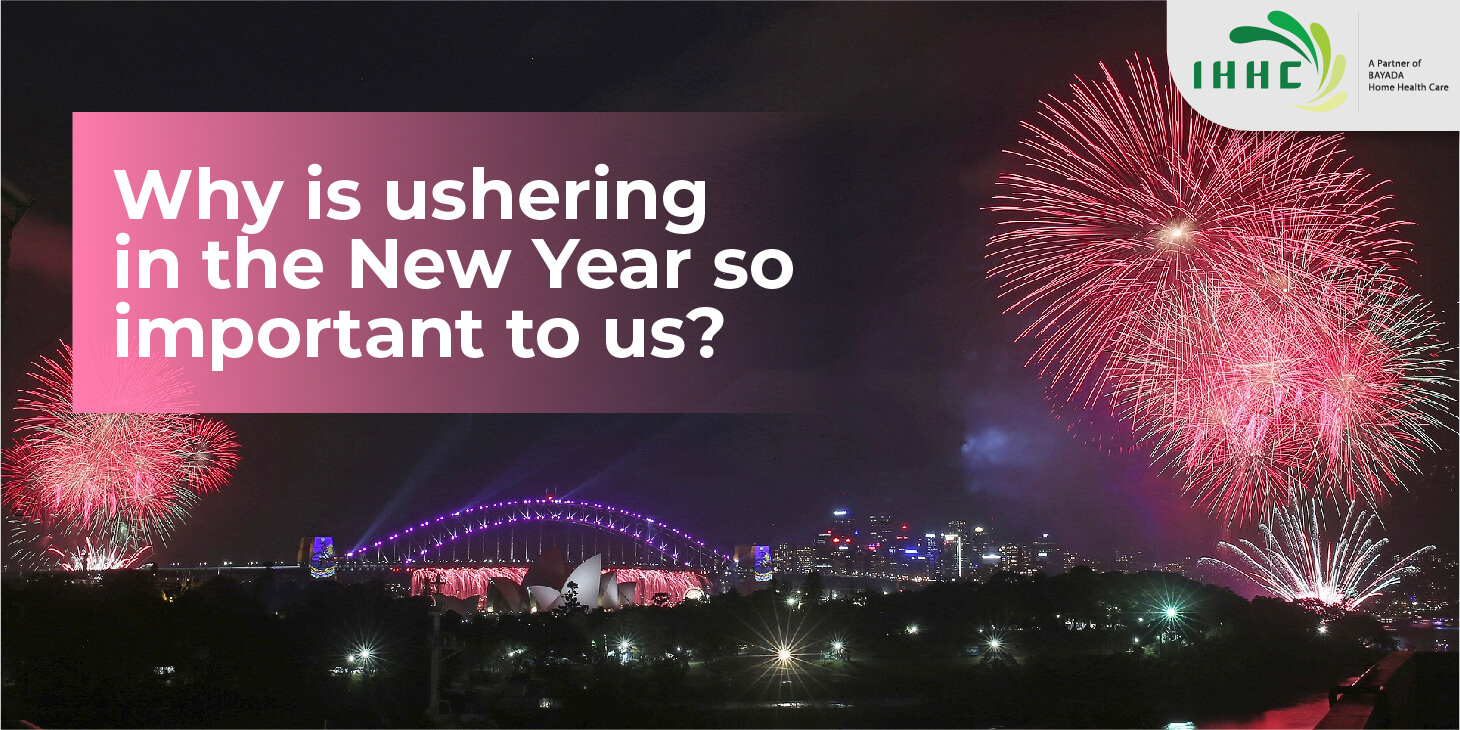Is there a need for home healthcare in India?
New Year's Day is observed on January 1, the first day of the year in the Gregorian and Julian calendars. In pre-Christian Rome (as per the Julian calendar) the day was dedicated to Janus, the God of gateways and new beginnings, after whom January is also named.
As a date in the Christian Gregorian calendar, New Year's Day marks the Feast of the Naming and Circumcision of Jesus, which is still observed in the Anglican and Lutheran Churches. At present, with most countries using the Gregorian calendar, New Year's Day is probably the most celebrated public holiday globally, typically observed with fireworks at the stroke of the midnight hour as the new year starts in each time zone. Around the world, New Year's Day is marked by people making New Year's resolutions and connecting with one's friends and family.
Most countries in Western Europe officially adopted 1st January as New Year's Day before they adopted the Gregorian Calendar. In England during Tudor times, New Year's Day, along with Christmas Day and Twelfth Night, was celebrated as one of the country’s three main festivals. Pope Gregory acknowledged 1st January as the beginning of the new year according to his reform of the Catholic Liturgical Calendar.
What is a New Year Resolution and why do we make them?
A tradition, most commonly practised in the West, a New Year's resolution is one in which a person resolves to change an undesirable trait or behaviour, to achieve a personal goal or improve one’s life.
Babylonians promised their gods, at the start of each year, that they would return borrowed items or pay their debts. The Romans began each year by making promises to the god Janus, after whom the month of January is named as we have already mentioned above.
In medieval times, knights took the "peacock vow" at the end of the 12 days of Christmas each year to re-affirm their commitment to chivalry. At watchnight services, many Christians prepare for the new year ahead by praying and making these resolutions.
This tradition has other religious parallels.
During the Jewish New Year, Rosh Hashanah, through the High Holidays and ending with Yom Kippur (the Day of Atonement), Jews are supposed to reflect upon their wrongdoings over the year, seeking and offering forgiveness. In fact, the Methodist practice of New Year's resolutions came, in part, from the practice of Lenten sacrifices. The concept, regardless of creed or geography, is to reflect upon self-improvement every year.
Making a change – for the better!
There are a wide and varied spectrum of New Year Resolutions made around the world. Examples range from resolutions to stop smoking or getting up early to go to the gym to more socially conscious acts of donating to the poor more often, to become more assertive, or to become more environmentally responsible.
Popular goals include resolutions to:
- Eat healthier, lose weight, exercise more, drink less, quit smoking, get rid of bad habits
- think positive, laugh more often, enjoy life
- Get out of debt, save more, make more investments
- Do better at one’s current job, get a better job, start one’s own business
- Become more organized, reduce stress, manage time better, be more independent
- Watch less television, play fewer video games, spend more time outdoors
- Take a trip
- Spend quality time with family members
- Make new friends, connect more with people one-on-one
- Be more tolerant and understanding
- Get along better with people, improve social skills
- Volunteer to help others, give to charity, volunteer to work part-time in a charity organization
- Be more involved in sports or other activities
- Spend less time on social media (such as Facebook, Instagram, Twitter, Tumblr etc.)
In short, become a better person overall! And, thus, help the world to become a better place. For everyone.




